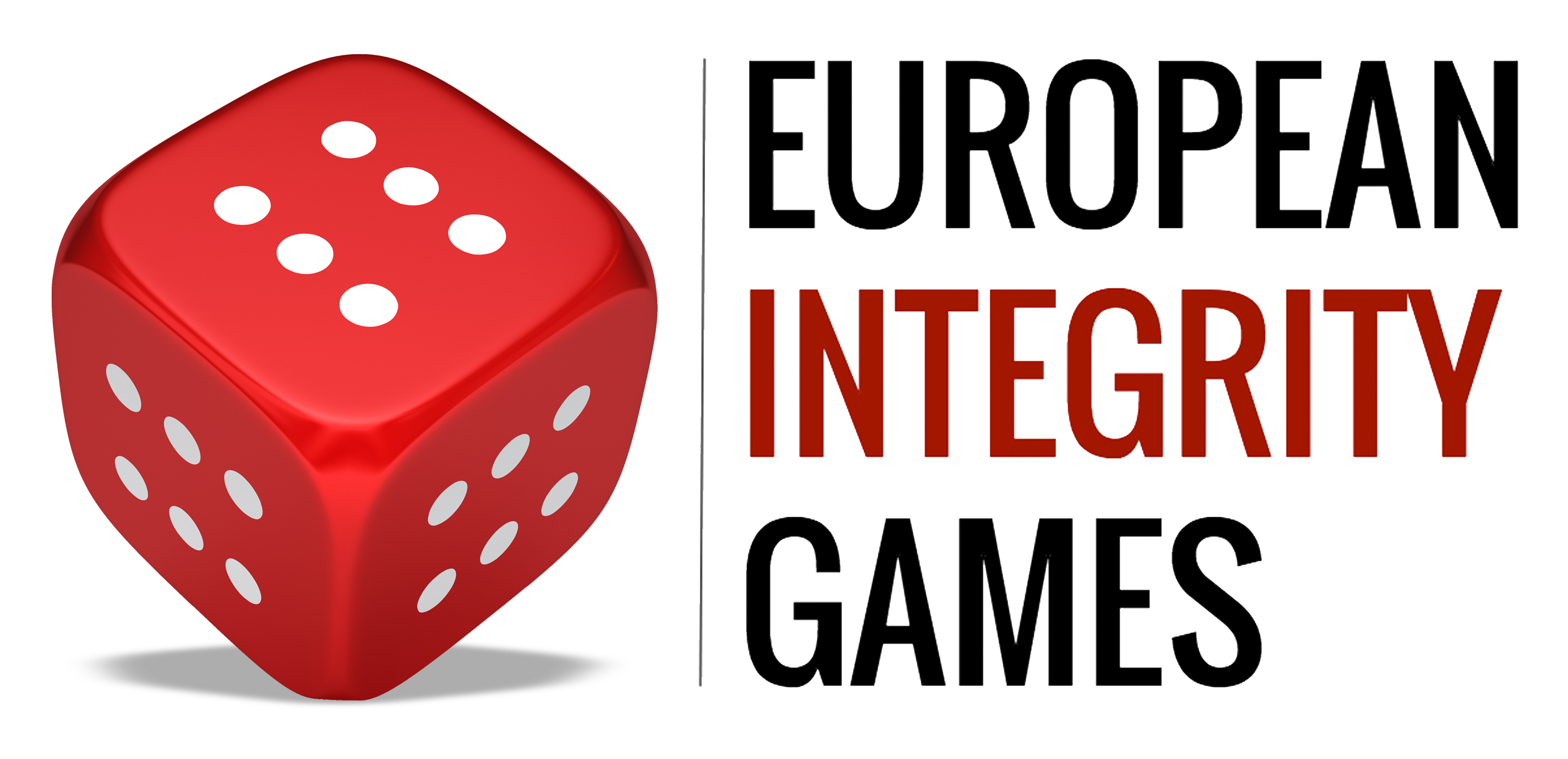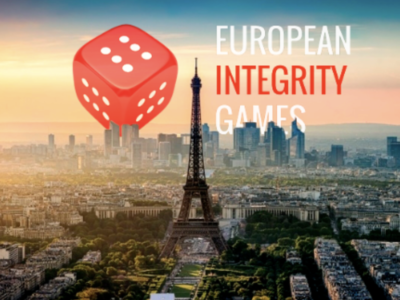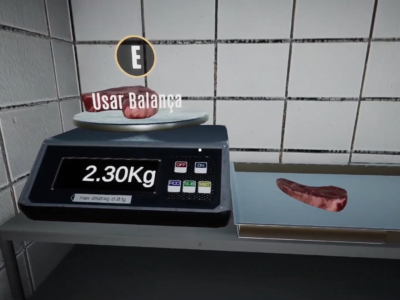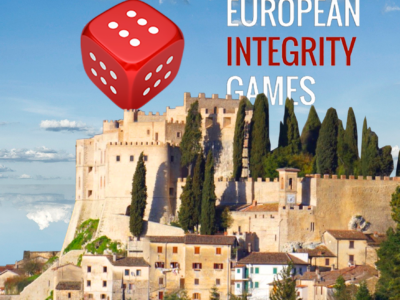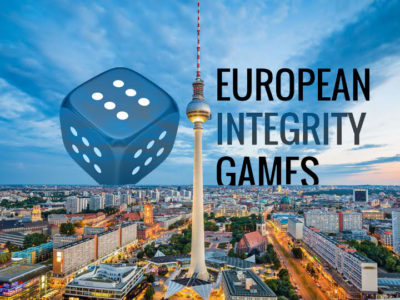The third European Integrity Games workshop took place in Paris and Le Raincy (93), from 5 to 11 June 2022. During 5 days, 9 European participants from the 6 partner countries gathered to explore the theme of Frontex Files under the prism of integrity, ethics and transparency. A European workshop to test the hybrid boardgame and 3D game The workshop was organised and facilitated by La Transplanisphère and focused on…
Author Archives: brunofrey
The event to promote the Frontex Files 3D game and board game took place at Ani Gras, a cultural third place in Arcueil, on 30 and 31 August 2022. These two events were part of the Annual Assembly of the Relais Culture Europe in France and it was organised by La Transplanisphere. These two events were part of the Annual Assembly of Relais Culture Europe. Each year, more than a…
The event to promote the Foodchain 3D game et escape game took place at Groupo Desportiva e Cultural de Santa Maria e Fontanas in Evora, the 28 March 2022. It was organised by ExQuorum. The event eventually brought together 8 participants from local organisations and local NGOs. The event thus brought together a variety of local audiences with the aim of raising awareness of the project, European projects in general,…
The event to promote the Lobbying 3D game and boardgame took place in Rocca Sinibalda in Italy, the 19 August 2022. It took place in the framework of the 4th Political Theatre Festival of Rocca Sinibalda and it was organised by Teatro Rigodon. The event took place in the framework of the 4th Political Theatre Festival of Rocca Sinibalda, which allowed to reach a wider audience. The Festival, which lasts…
Since May 2021, the European Integrity Games project is in a new phase of creating educational games. Teatro Rigodon (Italy) and La Transplanisphère (France) are working on the design of escape games and 3D games exploring the subject of Lobbying! Summary of the project This European project aims to question the notions of integrity, corruption and fraud in our societies, through the design of serious games. Seven topics are explored…
The second European Integrity Games workshop (Erasmus+ supported project) took place online from 27 to 31 July 2021. During 5 days, 12 European participants from the 6 partner countries gathered to explore the theme of the food chain through the prism of integrity. A European workshop to test the second FUDPolis escape game on the themes of the food chain and food circuits. Organised and led by ExQuorum (Portuguese partner…
The European Integrity Games partners met online on 11 and 18 December 2020 for the second project partner meeting. The aim of this meeting was to bring the partners together after a period of interruption due to the health crisis. It was an opportunity to get together and discuss the situation of each other. Secondly, it was important to discuss the progress of the project, which had been disrupted by…
Focus on Food Chains Your food takes a long path from its production to your table. Food chains are the complex journeys food products undertake before consumption. From protected and patented seeds, to convoluted transport systems involving many stop-offs and changing of hands, by plane, boat, or train, often our food comes to us through a long chain of production originating half-way around the world, when sometimes we could get…
Focus on Healthcare Communication (A lot of) communication and (some) fake news on drugs and health are encountered daily in social media. The health sector is centred on integrity – or often the lack of it. Communication and fake news on health matters are of interest to not only political and social organisations but also private companies, particularly in the cosmetic and pharmaceutical industries. We must not forget the huge…
Focus on Integrity in Civil Services Should we fight against the corruption itself, or against the politician who corrupts? It is a question often heard in this debate. However, it is also necessary to consider how corruption develops “on-the-ground”. Where does it come from? How is an officer of the law tempted away from integrity and why? Integrity must be safeguarded from the bottom-up, just as much as by politicians…
